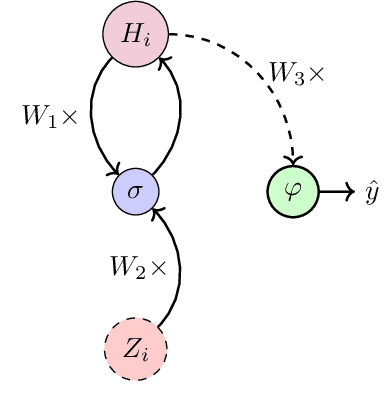Global Convergence and Stability of Stochastic Gradient Descent
Paper and Code
Oct 04, 2021


In machine learning, stochastic gradient descent (SGD) is widely deployed to train models using highly non-convex objectives with equally complex noise models. Unfortunately, SGD theory often makes restrictive assumptions that fail to capture the non-convexity of real problems, and almost entirely ignore the complex noise models that exist in practice. In this work, we make substantial progress on this shortcoming. First, we establish that SGD's iterates will either globally converge to a stationary point or diverge under nearly arbitrary nonconvexity and noise models. Under a slightly more restrictive assumption on the joint behavior of the non-convexity and noise model that generalizes current assumptions in the literature, we show that the objective function cannot diverge, even if the iterates diverge. As a consequence of our results, SGD can be applied to a greater range of stochastic optimization problems with confidence about its global convergence behavior and stability.
 Add to Chrome
Add to Chrome Add to Firefox
Add to Firefox Add to Edge
Add to Edge